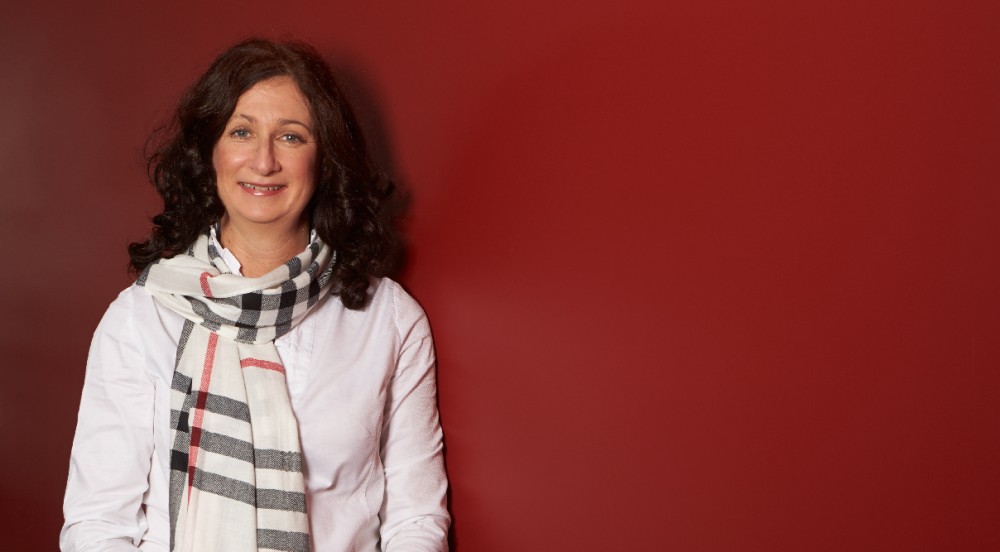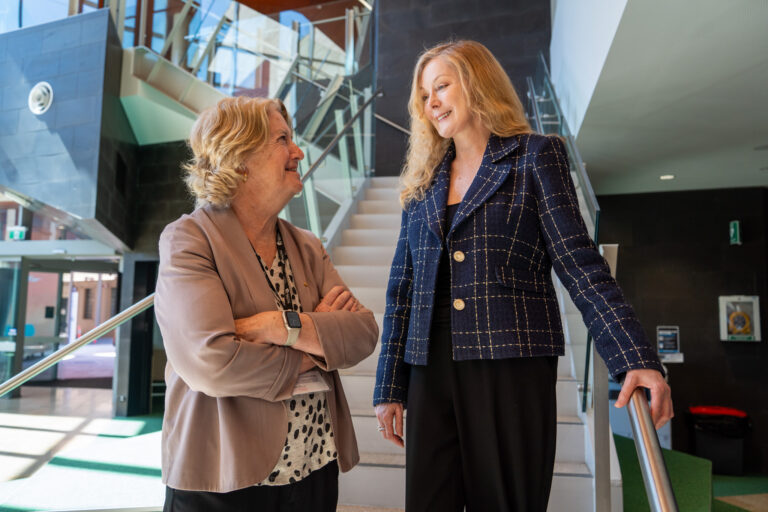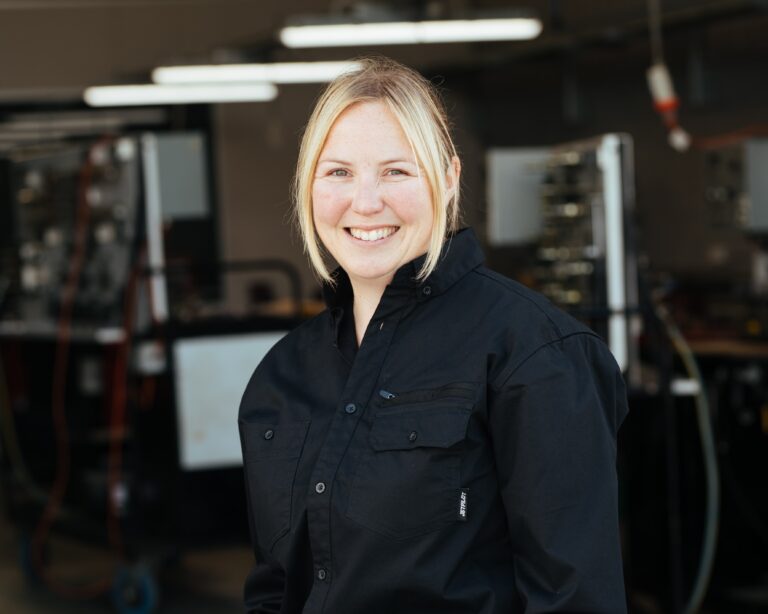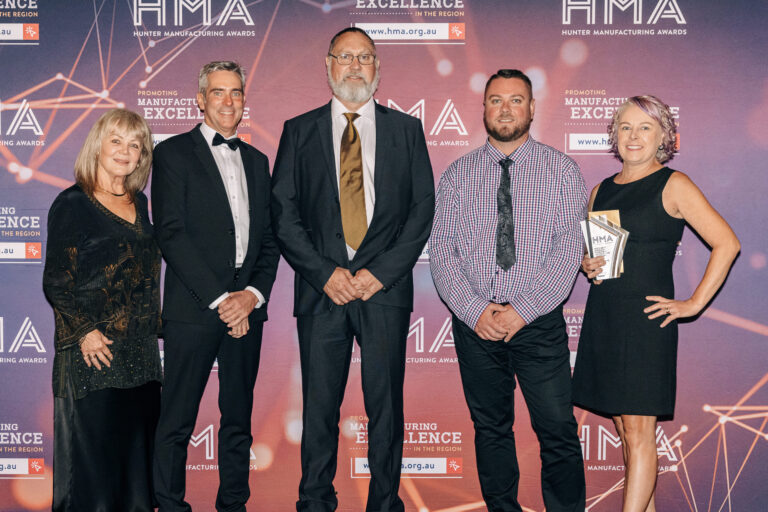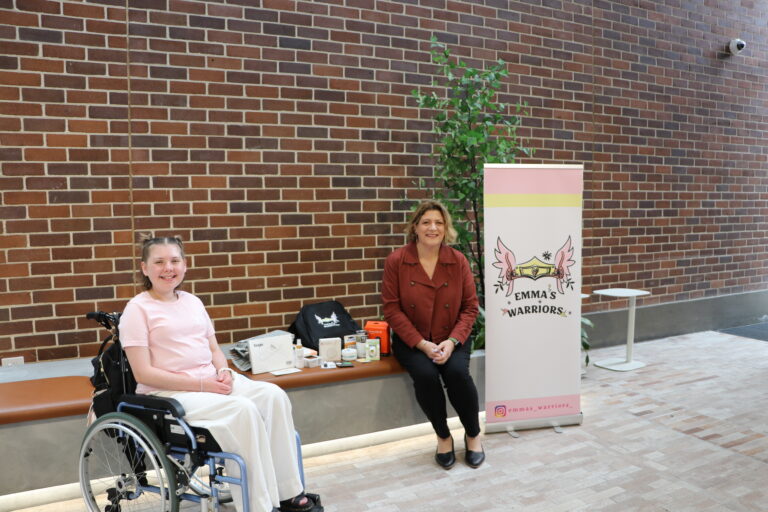Kerry Walker is a founder, co-owner and Director of SafetyWorks Group, one of Australia’s leading providers of holistic safety culture change solutions.
Kerry’s expertise lies in translating an organisation’s WHS values and goals into a business-aligned strategy. Her background in engineering design and operations for a global resources company gives her the capacity to analyse issues in a range of applications and produce practical responses that support the business’ objectives.
Her aim is that the culture of care becomes an enabler of business success.
- Could you tell us a little about your career path?
I graduated as a Chemical Engineer from Sydney University and after having completed my final year as an exchange student in Stockholm, Sweden, through an exchange program with the University in that faculty. I went immediately then to work with BHP and I worked for them for 13 years – the only company I worked for before starting my business.
I started off with BHP Engineering, as it was then, and worked on project work as an Engineer. I was part of teams that worked in Port Kembla, Western Australia and then ended up in Newcastle. I moved into Operations in the early 90s and took up a role at the Newcastle Steelworks and worked in Operations initially and then moved into a Work, Health and Safety (WHS) management role. I was re-trained and walked out the gate on 30 September 1999.
So from there I met my business partner Liz, prior to finishing at BHP, and Liz was already working independently and we decided to form a business. We formed SafetyWorks Group as a consulting firm and we have been running that for almost 17 years, based in Newcastle but doing most of our work for large corporate organisations outside of Newcastle because both of us came from large corporate steel companies as it turns out, and that was our comfort area.
- What do you believe has shaped your leadership style?
I believe that my style has been influenced by people that I looked up to as my leaders and managers over my career, and I was very lucky to have some very excellent people to work for, particularly being a woman in a male dominated field. I had people who gave me autonomy and responsibility, who listened very well, who were consistent, were consultative and I think that has influenced me, and they are the things that bring out the best in me and I think that brings out the best in people.
I think BHP as an organisation was very aspirational in its leadership, very cutting edge in its management training that we did receive and they were always looking forward. They were organised, structured and they were into business planning. I think there are obviously a lot of technical and engineering people, so quite analytical, and also I think they as an organisation were very consultative and caring of their people and I think my experience of going through the closure of the steelworks was a large part of shaping that, recognising that what you do with one person in your organisation impacts everybody whether they stay or whether they go. So I think that has influenced how I work with people.
- What do you believe is the biggest challenge facing leaders today?
My experience and when I talk to people I think it is still very much the same. It is about getting the right team working with you. I think that finding the right people in the first place and then finding their individual reinforcers that keeps them engaged in the business goals and where the business is headed, is absolutely critical and that is a continuing challenge.
I think it is more challenging these days because people plan to work for maybe five, four – even three years – with your organisation so keeping them engaged and attracted is really critical because that turn over and loss of organisation knowledge is a really important factor and can be quite critical for a business.
- How do you define the difference between a Manager and a Leader?
For me a manager is an organiser of work. They’re the key cog in the wheel that turns and produces work for the business.
By comparison a leader has followers, a leader lives the vision, lives the philosophy of the business so that it is very clear to people what the results, what the outcome, what the standards, what the culture is, what the behaviours are that you want people to demonstrate.
A leader can be confident that they can remove themselves from the business and know that people have that message whether they are there or not. It is that sense of freedom that allows them to go and pursue the innovation and the next step for the business and continue to forge the path ahead knowing that they have got capable and independent people.
- What local businessperson do you find inspiring?
I find Dr Eileen Doyle inspiring. I first met Eileen when we both worked at BHP and she was a Senior Manager there and she has forged a path as a woman of influence in very male dominated, technical industries. She has maintained a really considered, no nonsense, intelligent but warm approach and I find that whenever she says something it is worth listening to. She is also a person who is open and generous despite having an incredibly busy schedule. 12 months ago Liz and I formed a group called the Executive Safety Exchange for officers of business in corporate organisations and even though I hadn’t seen Eileen for quite a while when I approached her in person and sat down with her and asked her if she would be part of that group, and in fact would she open and launch our first meeting 12 months ago. There was no hesitation in her saying yes, and I think her willingness to be involved and to give is a great strength and I really admire that.

